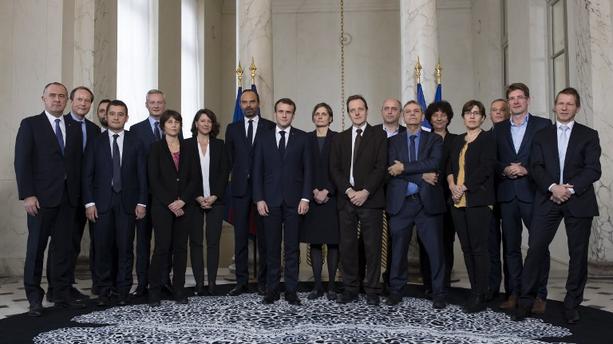Benoit Leguet, Director General of I4CE, appointed to the High Council for Climate Action
On November 27th, French President Emmanuel Macron installed a High Council for Climate Action. Composed of around ten scientists, economists and engineers, this High Council will evaluate France’s climate policies: are they sufficient to respond to the climate emergency? Do they provide concrete solutions for all households to get out of their dependence on fossil fuels?
I4CE welcomes the appointment of its Director Benoit Leguet to this High Council.
In order for this committee of experts to be a useful building block for ambitious and fair climate policies, it will have to be independent. Concretely, it must have its own budget and be able to set up its own agenda. It is also necessary for the government to respond to the recommendations it will issue. All these elements should be clarified in the coming weeks.

